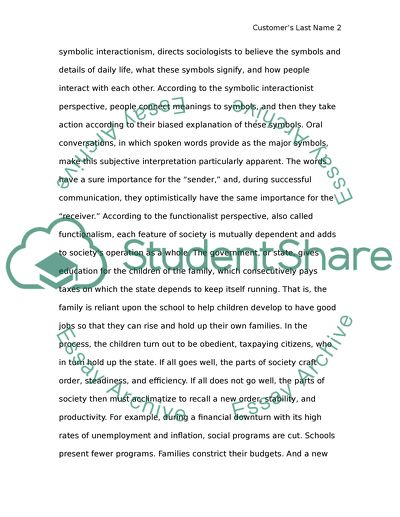Cite this document
(“Sociology Essay Example | Topics and Well Written Essays - 1500 words - 3”, n.d.)
Retrieved from https://studentshare.org/sociology/1429458-choose-a-historical-sociological-theorists-and
Retrieved from https://studentshare.org/sociology/1429458-choose-a-historical-sociological-theorists-and
(Sociology Essay Example | Topics and Well Written Essays - 1500 Words - 3)
https://studentshare.org/sociology/1429458-choose-a-historical-sociological-theorists-and.
https://studentshare.org/sociology/1429458-choose-a-historical-sociological-theorists-and.
“Sociology Essay Example | Topics and Well Written Essays - 1500 Words - 3”, n.d. https://studentshare.org/sociology/1429458-choose-a-historical-sociological-theorists-and.


